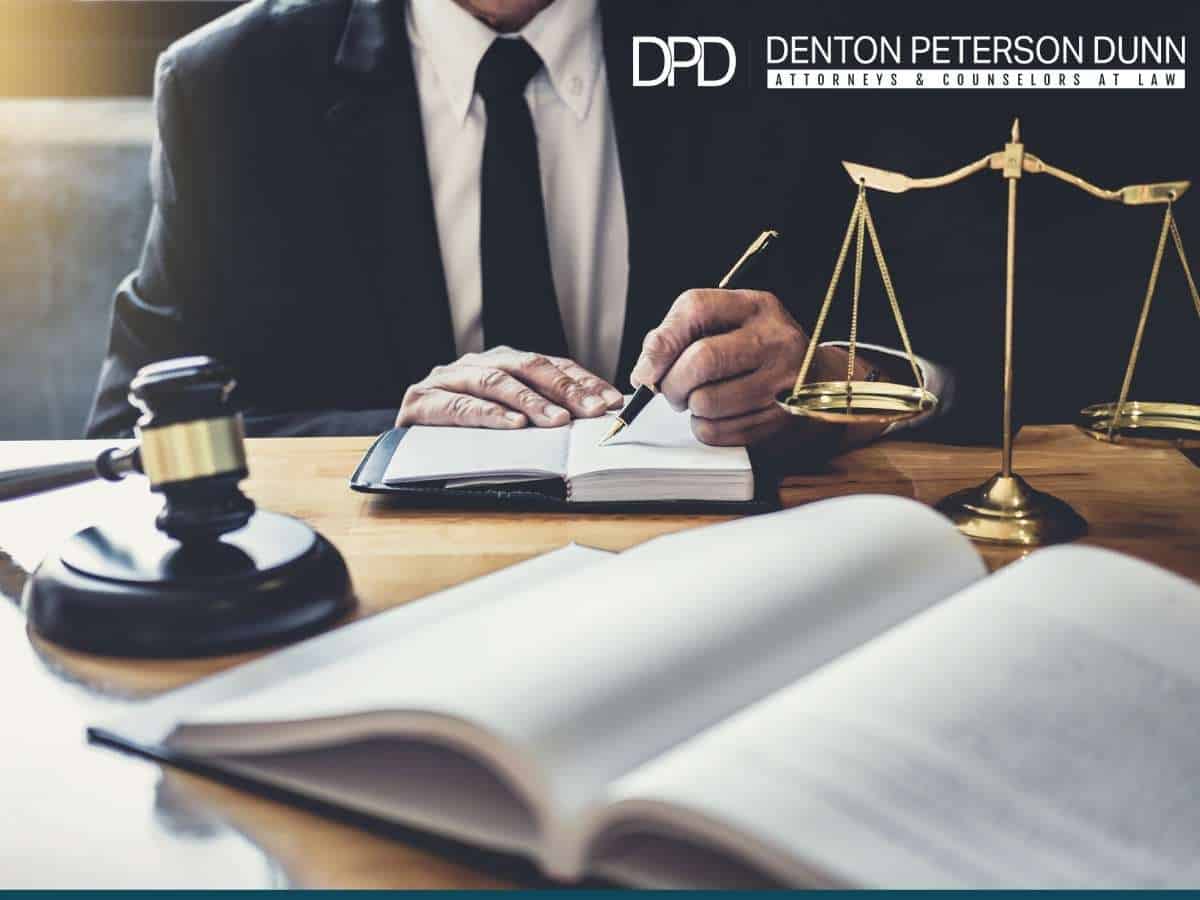What Constitutes Fraud Under Arizona Law?
Fraud Claims In Arizona: What You Need To Know To Evaluate Your Chances In a Lawsuit For Fraud
It can happen to anyone: promises get made and deals or transactions are completed, only to find out after the fact that things are not as they seemed, leaving you “holding the bag,” so to speak. However, not every transaction which might seem unfair can form the basis of a fraud claim under Arizona law. Here’s what you need to know to evaluate your chances in a lawsuit for fraud.

Fraud Has a Special Pleading Standard In Arizona Courts
To plead most claims in Arizona courts, it is sufficient to include in the complaint “a short and plain statement of the claim showing that the pleader is entitled to relief.” Arizona Rule of Civil Procedure 8(a)(2). This is what is sometimes referred to as “notice pleading,” meaning it is sufficient to put the defendants on notice of the claims brought against them.
When it comes to fraud, however, according to Arizona Rule of Civil Procedure 9(b), a person bringing a claim “must state with particularity the circumstances constituting fraud or mistake.” In plain English, that means that it is insufficient to bring a complaint that alleges generally fraudulent behavior. The person bringing the claim (the plaintiff) is required to specifically identify the elements of the fraud claim.
This heightened pleading standard means that someone alleging fraud cannot bring a claim for behavior that seems fraudulent, or that is most likely fraudulent. A plaintiff pleading fraud must plead, from the outset, the specifics of their fraud claim, down to the circumstances and facts which constitute their claim for fraud.
Fraud Has a Lot Of Elements (And You Have To Prove Each One)
Fraud has nine elements: (1) a representation, (2) its falsity, (3) its materiality, (4) the speaker’s knowledge of its falsity or ignorance of its truth, (5) the speaker’s intent that it should be acted upon by the hearer and in the manner reasonably contemplated, (6) the hearer’s ignorance of its falsity, (7) the hearer’s reliance on its truth, (8) the hearer’s right to rely thereon, and (9) the hearer’s consequent and proximate injury. Carrel v. Lux, 101 Ariz. 430, 434, 420 P.2d 564, 568 (1966). A plaintiff alleging fraud is required to prove each of the nine elements in order to be successful in his claim.
Element one is typically a formality, as showing that a representation was made to the plaintiff is relatively easy. Representations can be made orally or in writing. Anything that represents certain information to the hearer can be considered a representation. In addition, Arizona courts have held that a material omission can be a representation for the purposes of a fraud claim. Elements two and three are also typically relatively easy to prove, since a plaintiff discovering that a representation has turned out to be false is usually the catalyst that gets a fraud claim rolling. Likewise, plaintiffs usually don’t contemplate bringing a fraud claim where the representation is not a material one.
Element four is where things start becoming complicated. In order to succeed on a fraud claim, the plaintiff must show that the defendant actually knew or reasonably should have known that they were making a false statement. Many fraud claims get caught up here because it can be extremely difficult to prove what’s inside the defendant’s head: actual knowledge about the false statements they were making.
Likewise, element five is another of fraud’s toughest elements to prove because it requires evidence of the defendant’s state of mind, requiring the plaintiff to show the defendant’s intent. Along with the defendant’s knowledge about the falsity of the relevant representation, this can be proven circumstantially; however, the bar remains high for plaintiffs who must show an intent to deceive on the part of the defendant.
Elements six and seven are usually easier to prove and often a given. Victims of fraud almost are never aware that representations made to them were false at the time (otherwise it wouldn’t be fraud), and their reliance on the fraudulent representations is almost inevitably what leads to damages and a subsequent suit. With element eight, however, the plaintiff is required to show that their reliance on the representation was justified. What this means is that a willfully ignorant plaintiff will not succeed on its claim for fraud. As an exaggerated example, if someone went to a car dealership and was presented with a red car, but the salesman repeatedly advanced the car as a blue car, that person could not purchase the car and then claim that they relied on the salesman’s representations that the car was blue. Such reliance would not be justified since it was evident that the car was in fact red. Reasonable reliance can be a hotly contested element in fraud claims.
Finally, as in most court actions, a plaintiff must show that as a result of their reasonable reliance on the defendant’s misrepresentations, plaintiff suffered damages. Typically, if a representation is material (satisfying element three) reliance thereon will result in damages (satisfying element 9) but not always. As a plaintiff or potential plaintiff, it’s important to consider how consequential damages will be proven.
Call Arizona’s Leading Litigation Attorneys
Fraud in Arizona can be tricky business, no pun intended. Contact us to work with an experienced Arizona litigator and seriously improve your odds of bringing a successful fraud claim, or avoiding a costly mistake in bringing an invalid fraud claim. The attorneys at Denton Peterson Dunn have been handling all kinds of claims for fraud for decades, and can help you plan for success if you have been the victim of fraud.

Brad Denton – Denton Peterson Dunn
Mesa Location
1930 N Arboleda #200
Mesa, AZ 85213
Office: 480-325-9900
Email: [email protected]
Website: https://arizonabusinesslawyeraz.com
Scottsdale Location
7272 E Indian School Rd #540-132
Scottsdale, AZ 85251
Phone: 480-325-9919
Email: [email protected]
Website: https://arizonabusinesslawyeraz.com